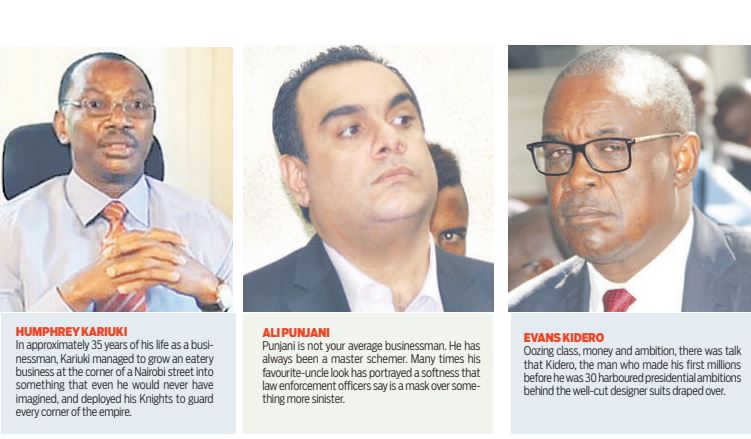×
The Standard e-Paper
Join Thousands Daily

At least 10 billionaires with varying interests in real estate, manufacturing, gaming media and advertising are in the sights of various government agencies over one thing or the other, the Sunday Standard can reveal.